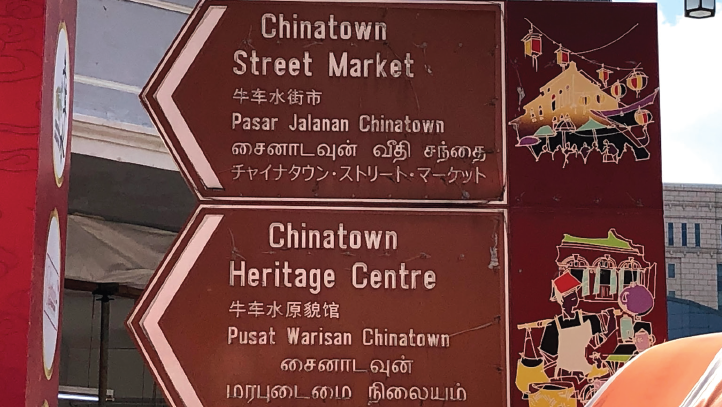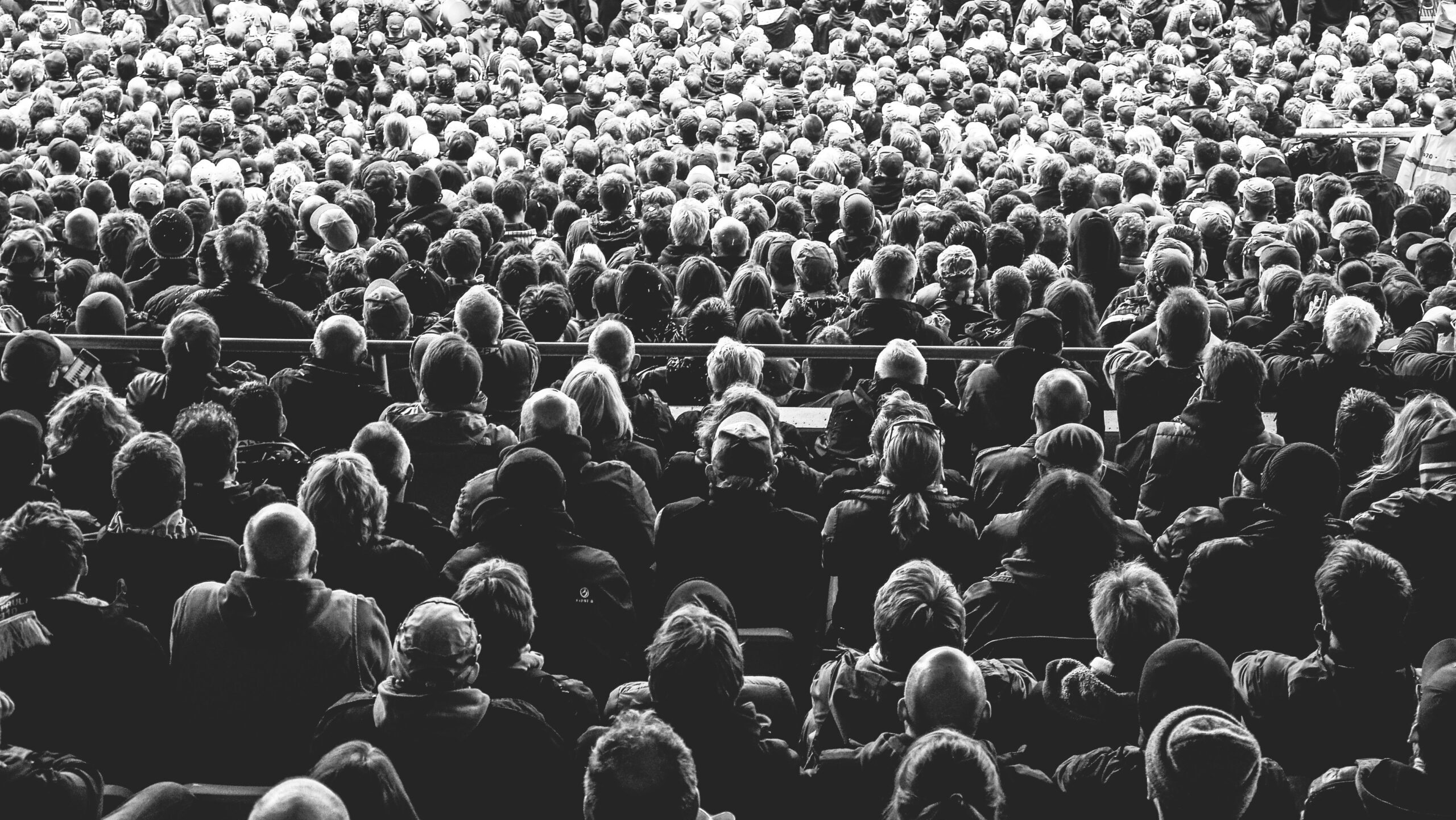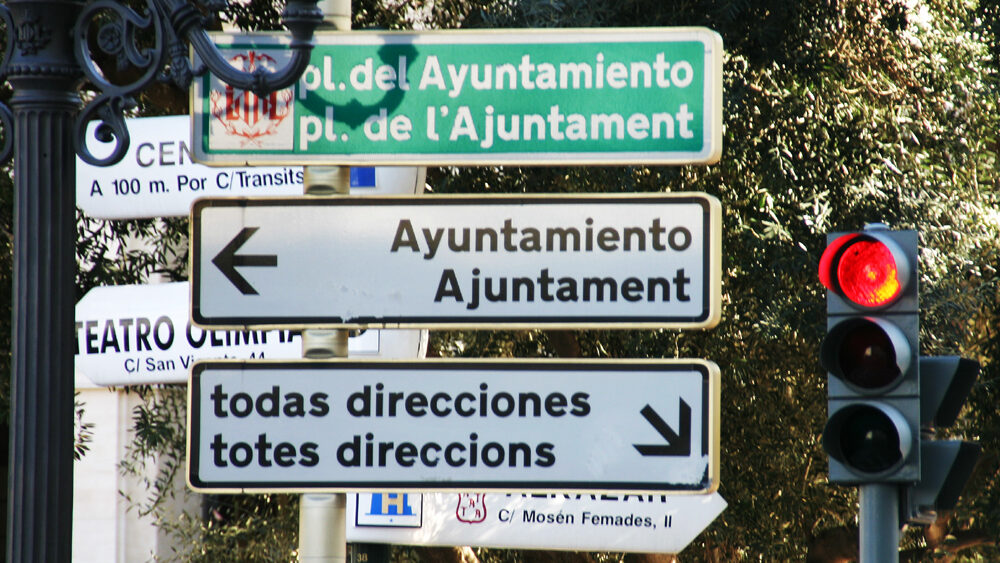Culture and Ideas
-

The Randomness of the World: A Review of Fluke by Brian Klaas
|
Do we have meaningful control over our lives and the world? An OPR editor’s take on a new answer to this age-old question.
-

Trump Rallies, Bruce Springsteen and America
|
The split between seemingly natural bedfellows – white working class Trump supporters and Springsteen – holds two competing visions for modern America.
-

‘Linguistic fascism’: Was Lord Moylan right to raise the alarm on Wales?
|
To defeat linguistic fascism, we must realise that the true threat to liberty comes from a desire to punish others, corporally or reputationally, for not submitting to the idea that one language should be supreme over others.
-

Rattling The Cage of Farmed Animal Identity
|
Our immediate associations of ‘cow’ with ‘milk’ and ‘beef’ are rarely coupled with a recognition of the fact that an individual animal must be exploited to obtain these products.
-

A History of National Language Policies in Singapore
|
As Singapore grapples with an increasingly complex and intercultural demographic, policymakers must continually reassess language policies to better reflect the lived realities of its citizens.
-

Review: A New Structural Transformation of the Public Sphere and Deliberative Politics by Jürgen Habermas
|
Habermas solutions concerning the protection of the political public sphere from fragmentation and exclusion dynamics in the digital age may not be sufficient to uphold its inclusivity and discursivity.
-

The Colonial Hangover: How French Words Perpetuate a Continuity of Colonial Attitudes Against Algerians
|
The long climb to expel divisions and resurrect equality starts with rooting out the discrimination embedded in one particular place: language.
-

Politics of the Hostage
|
Rather than clinging to the innocent or victimary subjectivity of the hostage, Israel and its supporters are implored to ‘undo’ the all-too comfortable sense of being unquestionably ‘at-home,’ and ‘dwell’ on the ‘moral dubiousness’ of what has been done.
-

Valencian Road Signs
|
In Valencia, language invokes politics, not just identity. Road signs are a part of this political story.
-

How to Do Things with Swords, or the Performativity of Violence
|
A Review of Lee Ann Fujii’s Book ‘Show Time’
